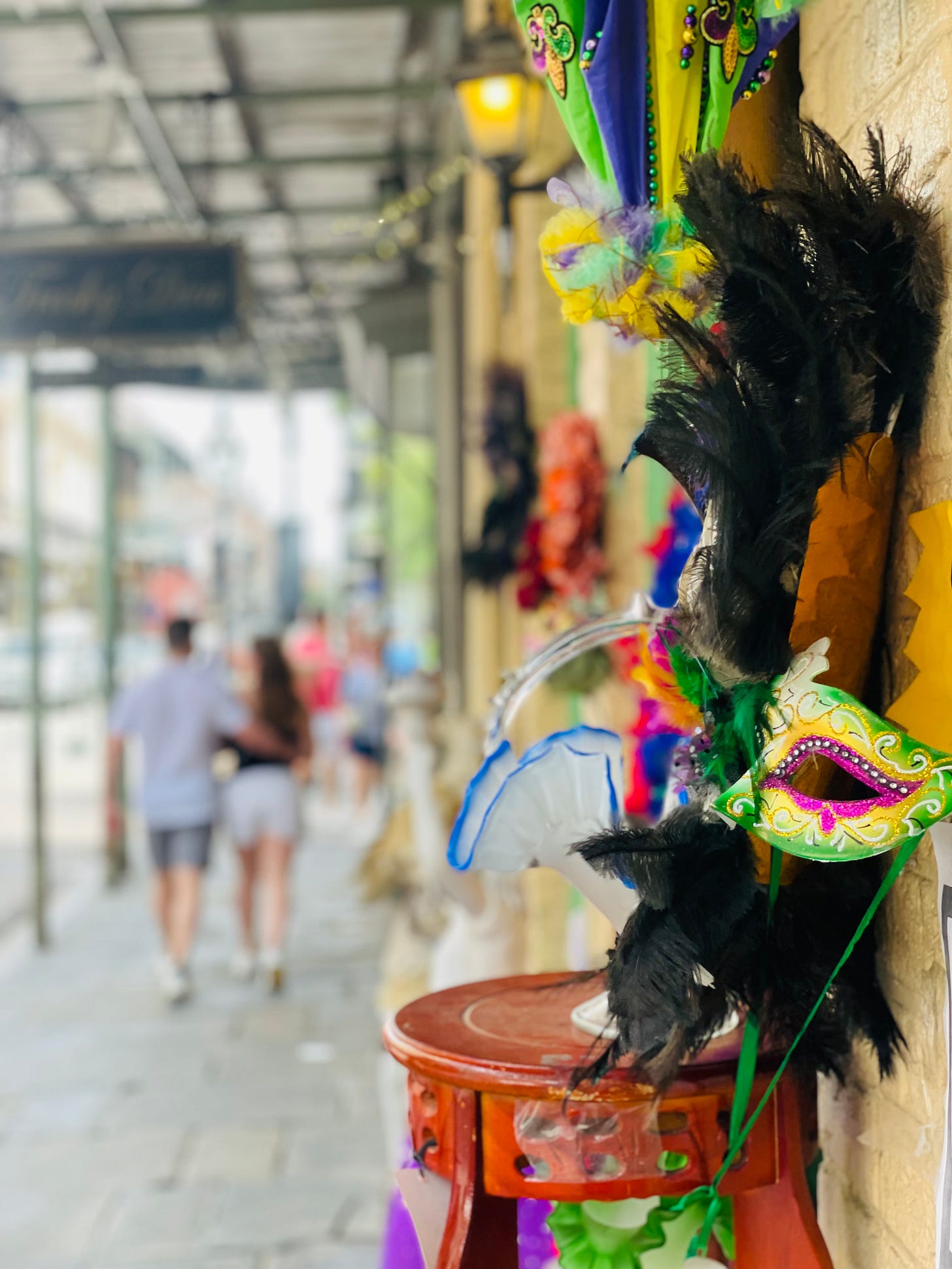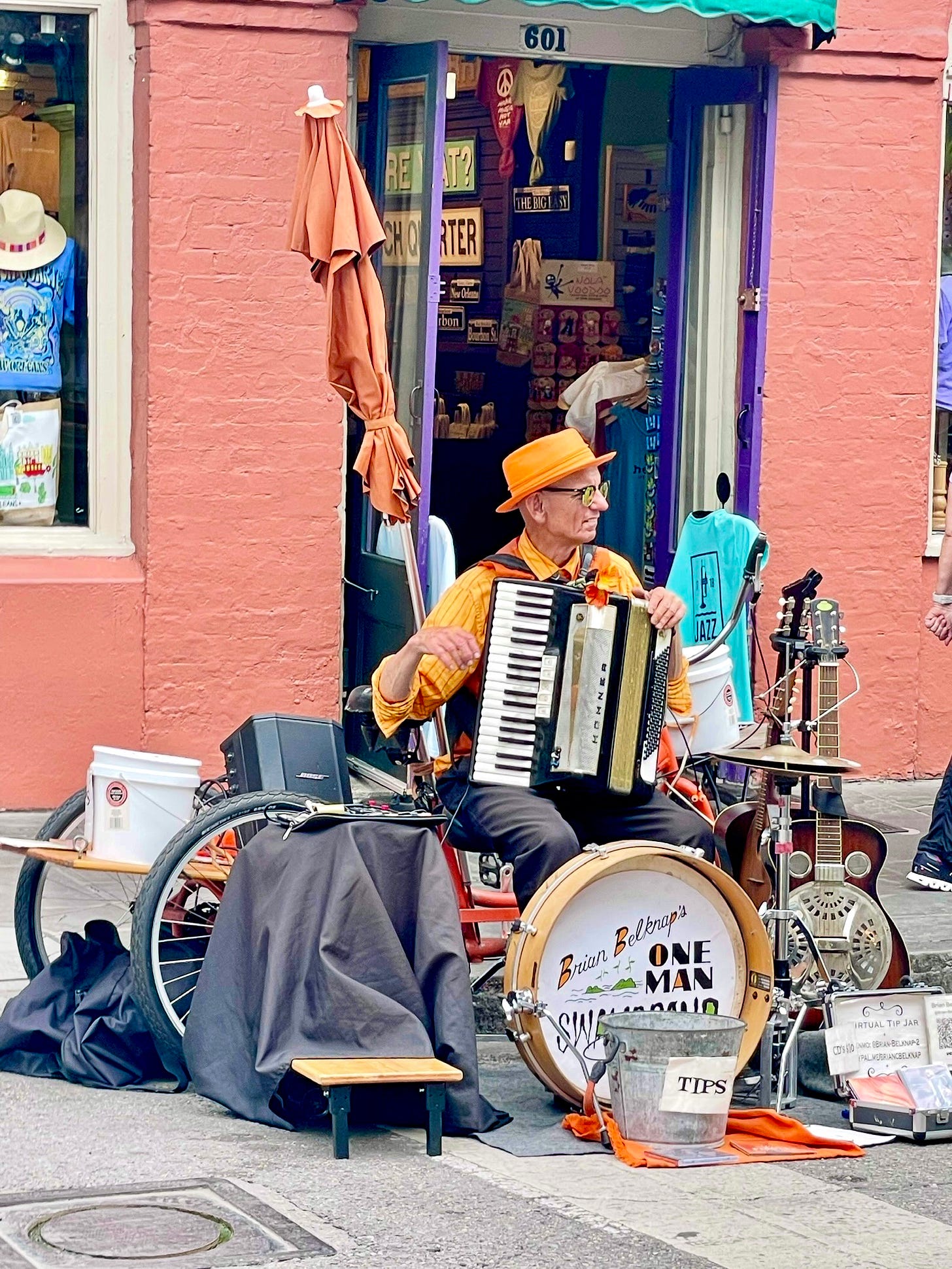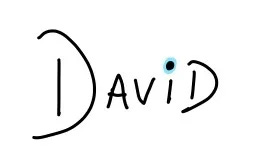Gen Z Enters The AI Augmented Workforce
Observations From The AMA International Collegiate Conference
Recently, I had the opportunity to participate in a panel discussion on the state of AI at the American Marketing Association International Collegiate Conference. Despite a busy spring travel schedule, I’m glad I did it. A few thoughts, observations, and points of discussion:
The Kids Are Alright
As a parent of two GenZers, I feel like I have a vested interest in this generation, and frankly, sometimes I worry about it. I’ve watched my sons grow up in a world where they had unfettered access to social media and mobile phones (probably too young in hindsight), and never had the same analog experiences I had growing up. This is the Covid generation, the “quiet quitters” and the entry-level employees who are often more comfortable interacting with screens than they are with other live humans. But not ALL of them…
Engaging with these students reminded me that for many GenZers, the future looks exceptionally bright. I spoke to one young adult working so much with AI that he hit his limit on data uploads. Another was running a side business while being a full-time student. No student in the audience had their nose buried in a screen—they were all fully present. It was a great reminder to me that there will be leaders, innovators, and great contributors who emerge in every generation. I think I even met some of them at this event.
“AI Directors” Wanted
A significant theme of our panel was how prevalent AI usage has become, especially in a field like marketing. I talked about my earlier career days as a creative director and how I would direct teams of writers, designers, etc., and gave a recent example of a presentation that I worked on, which in the past would have required a small team to support. Today, AI is part of my team, but it still needs lots of direction. We talk about this as “prompt engineering,” but really, the core skill is being able to direct a resource to get the desired results needed. These students are graduating in a world where some resources will be humans and others will be AI.
Real Talk Appreciated
Related to entering an AI-augmented workforce, I went out of my way to express the net negatives of AI, stating that there will be fewer knowledge work jobs as the technology advances. It’s a matter of math and what every company is pushing for when they say “do more with less”. I also referenced social media and mobile advancements as incredible tech breakthroughs that simultaneously present both positives and negatives in society. I made the case that AI will be similar in this respect. I think the term I used was “equal parts amazing and terrible”. Somewhat surprisingly, this candor resonated with the students. Several approached me to express appreciation for being direct while tailoring my perspectives toward the students.
In AI We Trust
At some point in our panel conversation, I said, “The truth will be what AI says it is”. I think the context I was using is how dependent we’ve become on search engines like Google, where we place great faith in the algorithms to serve up credible information. While LLMs got off to a rough start and “hallucinated” information, the fact is that they’ve greatly improved in a short amount of time. It’s only a matter of time that LLMs replace Search as our primary way of interacting with information and with that type of reliance, comes trust—for better and worse.
Ditching Our Ego And Leaning Into Our Humanity
One student brought up an infamous study where AI was found to be more accurate than doctors in making diagnoses. This spurred a philosophical conversation around the fragility of the human ego and the role humans will play when machines exceed our capabilities. I found myself saying that this is an opportunity for us to lean into our humanity, giving the example of how important it is for doctors to have good bedside manners. If AI helps doctors improve their profession, it’s an opportunity to lean into the more human parts of the job, like providing reassurance and comfort to patients in need of both.
Getting Hands-On Experience With AI
Another theme that emerged on our panel was being intentional when working with AI tools, given how many platforms and startups exist—it’s all a bit overwhelming. I asked the students how many were graduating this year, and most raised their hands. So I gave them a simple assignment:
Pay the 20 dollars a month, and get the pro version of ChatGPT. Then create a custom GPT that will be your own personal “Career Advisor”. Train the GPT on everything it needs to know about you, your background, your career aspirations, etc. Once you have it set up, use it as a coach for interviews, a guide for career growth, and an partner to help you navigate your early years in the corporate world.
I saw many students taking notes at this particular time, and I think this will be an excellent experiment for them to learn as they go.
Nothing Like NOLA
Lastly, the event was hosted in New Orleans, which I’ve found to be one of the most unique cities in the world. There is simply nothing else quite like it. I found myself talking to friendly strangers, enjoying incredible food and drink, and even paying my respects to the souls who lost their lives in a terror attack. New Orleans is a city that celebrates life but also remembers death—it’s always a memorable visit.
Visually yours,







